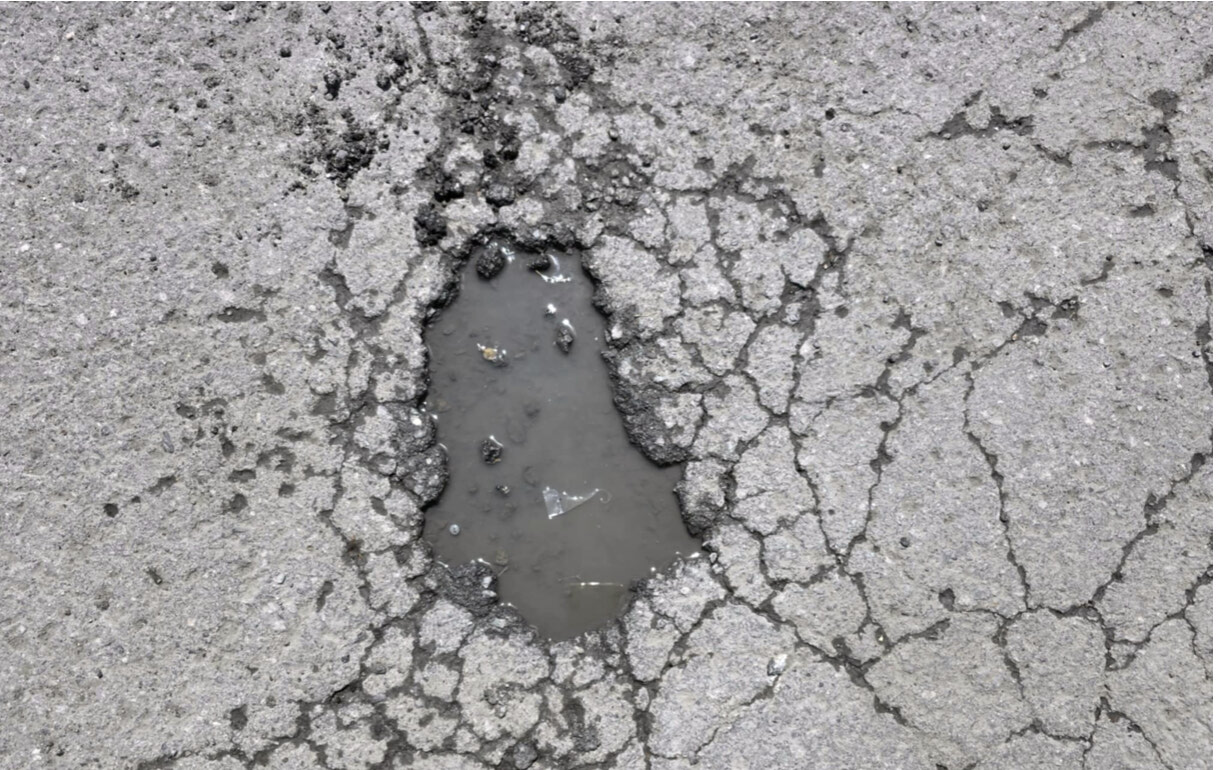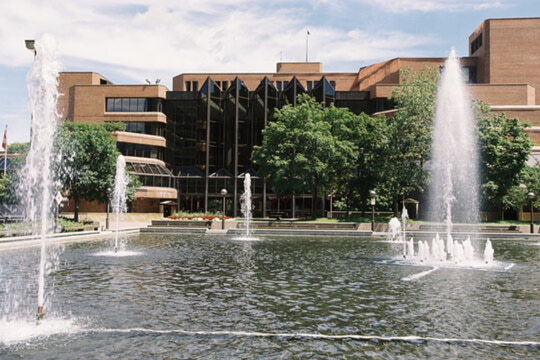Gatineau turns to artificial intelligence in municipal modernisation
Tashi Farmilo
The City of Gatineau is embracing artificial intelligence to enhance how it delivers services to residents, starting with a recently concluded pilot project that used AI-equipped vehicles to detect potholes. The trial, run in 2024, involved installing CityRover technology on a municipal truck to automatically identify road damage during routine drives. Data on pothole size and location was collected and used to determine the most efficient repair routes.
While the early results showed promise—improving both detection speed and operational planning—the city has noted that further development would be required before the system is fully integrated into daily operations. A more robust framework for both data collection and processing is being considered for any future rollout.
Beyond road maintenance, Gatineau is looking to AI as a broader tool for modernising municipal functions. Internally, city officials have acknowledged the transformative potential of AI in areas such as administrative workflows, resident interaction, and resource allocation. The aim is to not only boost efficiency but also to offer more responsive and personalised public services.
However, the city is approaching AI adoption with a deliberate and measured stance. Officials stress the importance of clear guidelines and ethical safeguards before any system is put into regular use. To that end, a municipal directive outlining the appropriate use of artificial intelligence has been developed and will soon be shared across departments.
In parallel with local efforts, Gatineau is also participating in wider collaborations. It has joined a research partnership led by the Urban Resilience and Innovation Institute, focusing on AI’s role in climate adaptation. The goal is to improve long-term infrastructure planning by using predictive data models to respond more effectively to environmental changes.
The city’s wider AI roadmap includes potential upgrades to resident services like automated registration for recreational programmes, streamlined invoice processing, and a 24/7 digital assistant on the municipal website. The virtual assistant would offer residents on-demand access to frequently requested services and information, reducing reliance on office hours and manual responses.
Oversight of these efforts is being handled by a steering group formed late last year in collaboration with Gatineau’s Scientific Council. This group is tasked with ensuring that each AI initiative aligns with both practical needs and ethical standards.
Gatineau isn’t alone in this technological pivot. Municipalities across Canada—including Winnipeg, Victoria, and smaller centres like Nicolet and Saint-Lin-Laurentides—are exploring AI for everything from smart lighting to permit automation. Yet while enthusiasm is widespread, many towns face hurdles such as upfront investment and limited in-house expertise.
To support these smaller jurisdictions, the Union des municipalités du Québec is hosting a conference in Drummondville this June. The event will give municipal teams a chance to share strategies, swap lessons learned, and explore how AI can meet their local challenges. Gatineau’s AI lead, Ana Flavia Alves, is set to represent the city at a global summit in Dunkirk later this summer.
Throughout, officials have underscored one point: AI isn’t about replacing human staff. Instead, it’s a way to free up time and energy for tasks that require human judgment, empathy, and decision-making. The city also places strong emphasis on privacy and cybersecurity, favouring internal systems that reduce the risk of data exposure.






